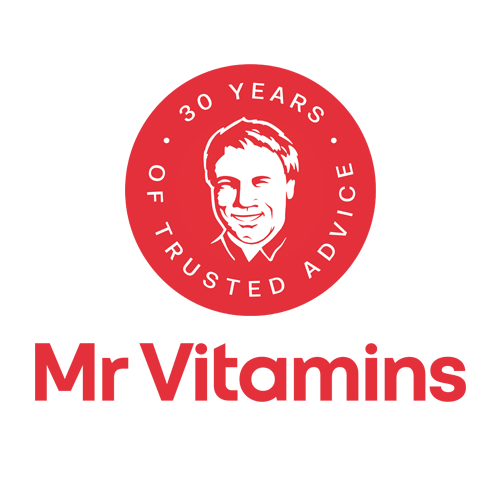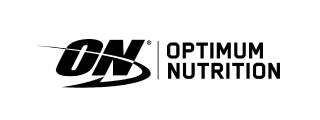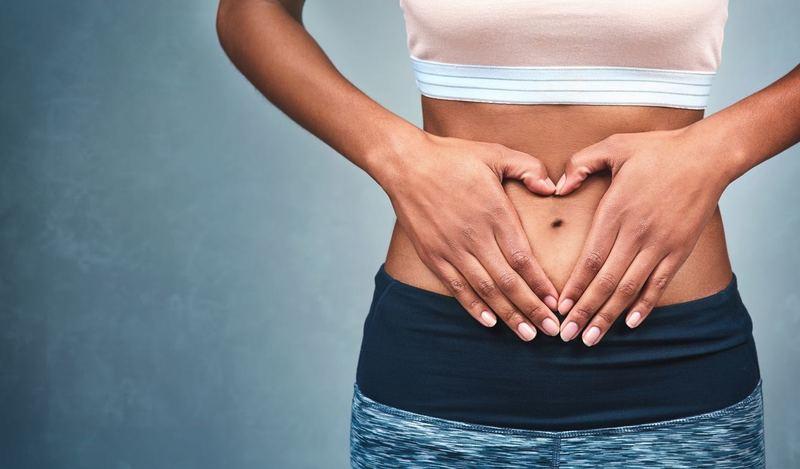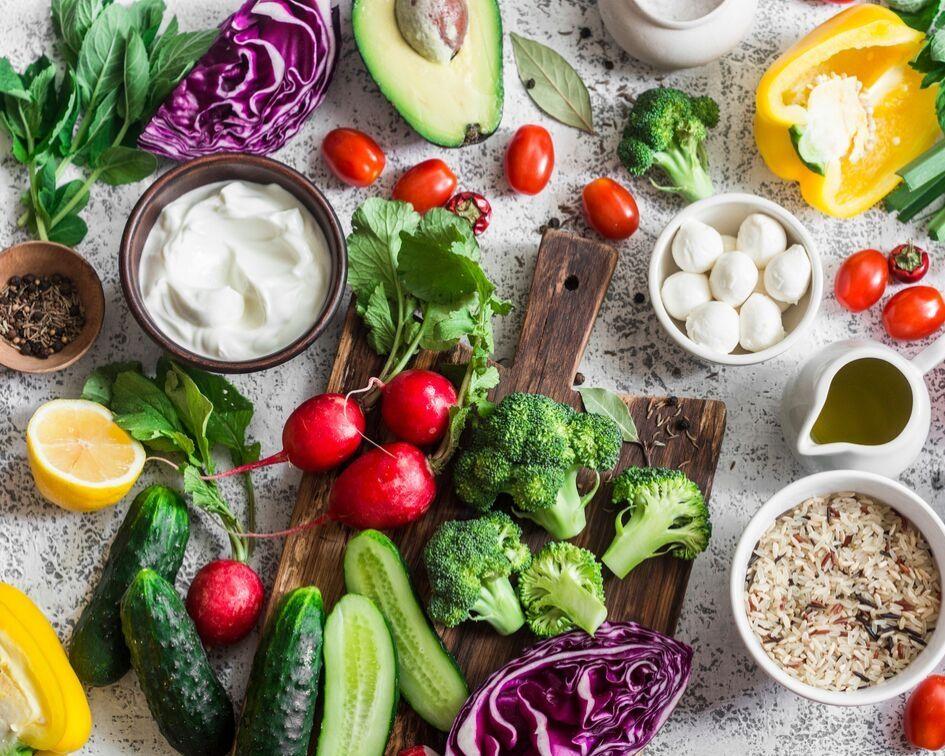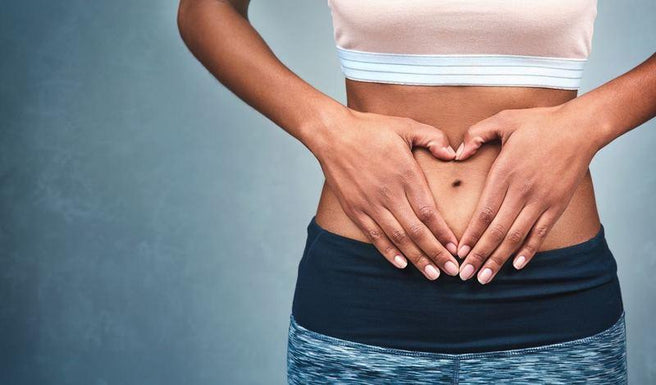
- Health advice
- Sep 17, 2019
The clean beauty movement has gone mainstream with conscious consumers reaching for organic and natural beauty products that are free from nasties. In this article we focus on the most harmful ingredients in common ‘synthetic’ skin care brands that you should avoid.
- Phthalates –you do NOT want these in your products!
- PEGs - Also look for PEG compounds – polyethylene glycols – used in cosmetics as moisturisers and thickening agents
- Microbeads - are a massive issue – they have been banned in many countries around the world but not yet in Australia.
- Parabens – widely used as preservatives, they are suspected endocrine disruptors (your hormonal system). Stay away from those – most natural products use a small amount of alcohol instead.
- Triclosan - is a powerful preservative and antibacterial agent used in antiperspirants, soaps, hand sanitisers and toothpaste. Besides cosmetics and skin care, it’s also used in a wide variety of household products like toys, garbage bags, fabrics, mattresses, laundry detergents and any other products that are marketed as “antibacterial”.
Related Articles
Recently Viewed
- ${ variant.price | currencyFromCents } | ${ variant.title } ${ variant.price | currency } | ${ variant.title }
Sale


